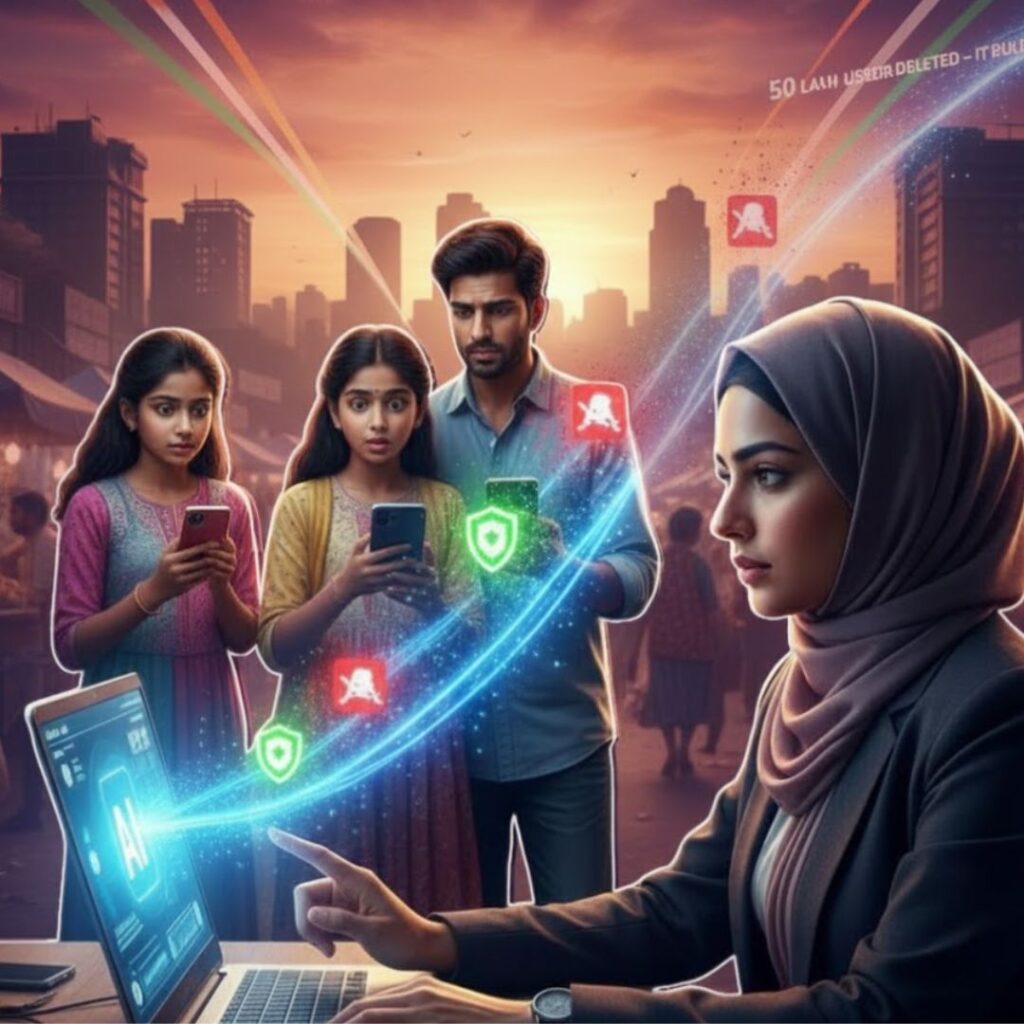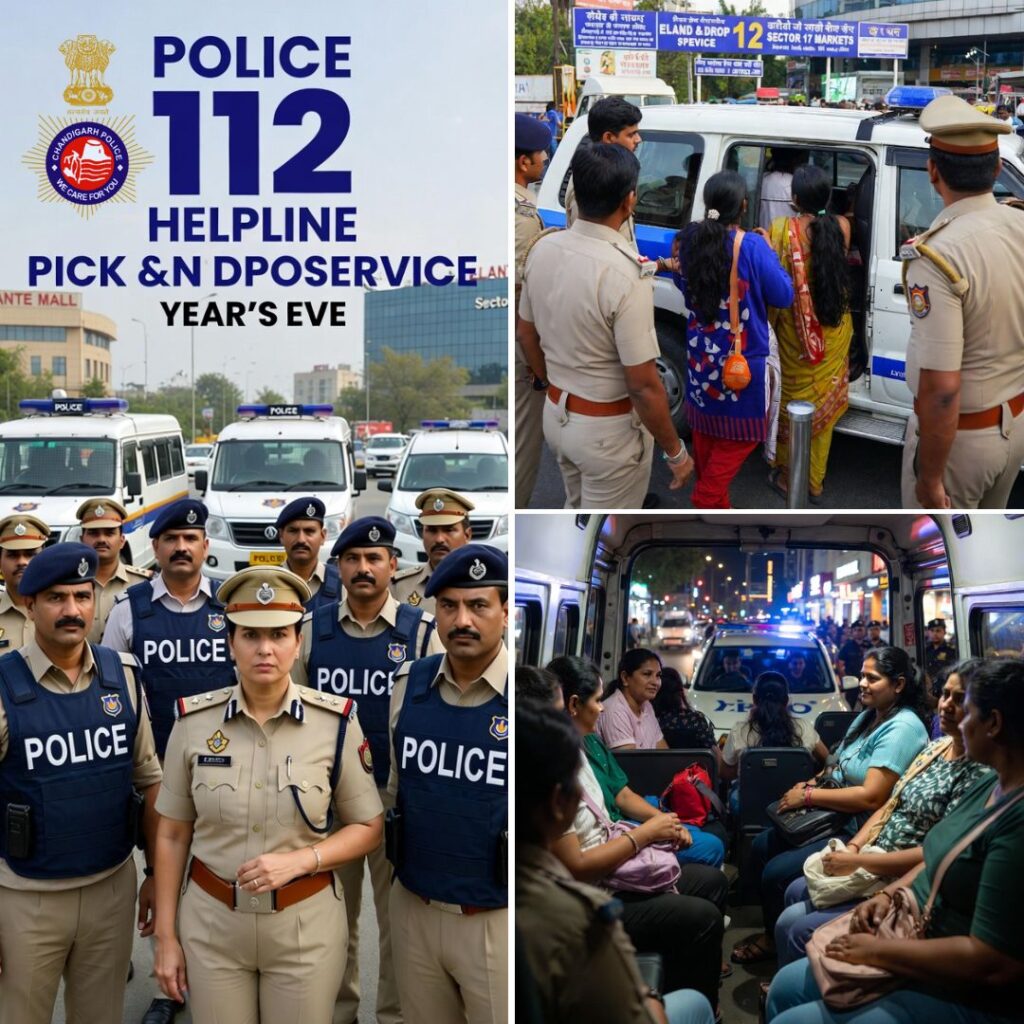Amid the ongoing tension between India and Pakistan post Uri attack and Cross-LoC surgical strikes, China has decided to take the side of Pakistan over terrorism and block India’s bid to designate Jaish-e-Mohammed chief Masood Azhar as a terrorist by the United Nations.
As soon as the reports surfaced, people from several parts of India, including politicians have started a campaign to boycott Chinese products. Taking it to Facebook, Twitter and Whatsapp Indians are seeking to boycott Chinese items.
Haryana Sports Minister Anil Vij has appealed to people not to use Chinese goods. “People should not buy Chinese goods and we Indians shall use Indian goods. Trade with China is affecting our country. China is not our friend. China can buy weapons with whatever money it earns. These weapons are given to our enemy countries. For every dollar of purchase people make, they may make arms. We should focus on Make in India,” said Vij. Even BJP national general secretary Kailash Vijayvargiya tweeted that buying Chinese goods was like giving “indirect support to a terrorist country”.
But like any other viral message that circulates on Whatsapp, this message of boycotting Chinese product should be ignored. Well, it is because India cannot possible afford to stop trade with China. China is India’s largest trade partner, a sixth of India’s imports are Chinese, up from a 10th in 2011-12, while India’s exports to its rival have halved over the same period. The total value of imports and exports between the two countries exceed Rs 4.6 lakh crore.
Imports from China has grown at 20 per cent over two years and the goods range from power plants, fertilisers, mobiles to toys. This has happened despite the fact that India’s imports have fallen over the last five years — from Rs 32 lakh crore to Rs 25 lakh crore because of a fall in global oil prices.
Some chief imports from China include Cellphones, laptops, solar cells, fertilisers, keyboards, displays and communication equipment, tuberculosis and leprosy drugs.
India imports seven times more than it exports to China. It is one of the world’s biggest trade deficits between two nations. India’s exports to China have fallen from Rs 86,000 crore in 2011-12 to Rs 58,000 crore in 2015-16. Apart from cotton, copper, petroleum and industrial machinery, India does not export much to China. This means that India buys six times the merchandise it sells to China.
India is highly dependent on China as it is India’s biggest trade partner. Prime Minister Narendra Modi had signed trade pacts worth $10 billion in 2015. According to the Boston Consulting Group, India is reliant on China for about 90% of the raw materials required for its pharmaceutical industry.
All these factors will never late India to hold a complete ban on Chinese product.
To boycott Chinese products is not a feasible solution but it is definitely possible to gradually replace them with Indian products which totally depends on the government will of encouraging indigenous products and to create system where they flourish.











